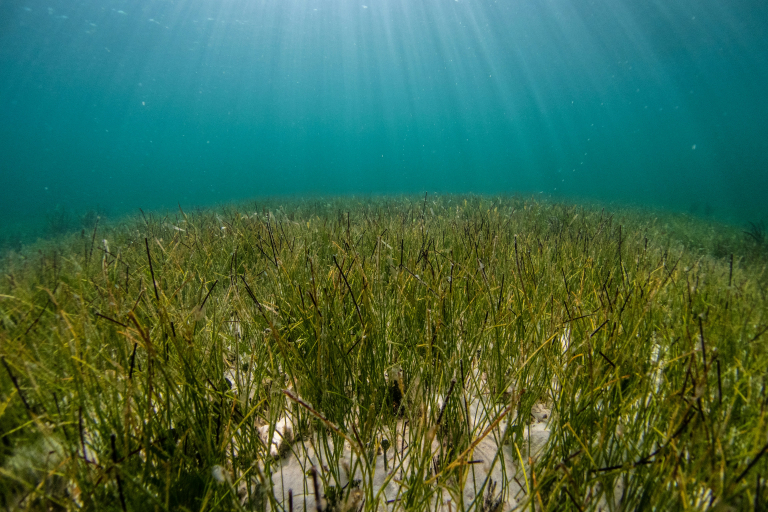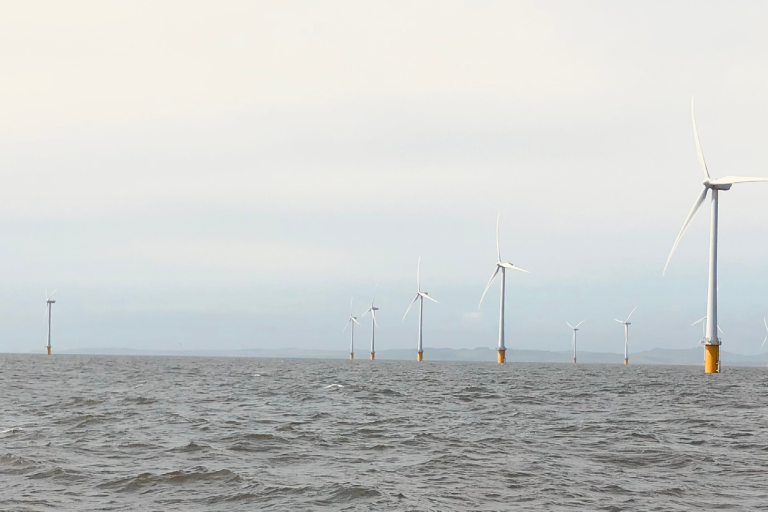Crown Estate Scotland and The Crown Estate have begun the first round of formal engagement with developers on carbon capture utilisation and storage (CCUS). The two organisations have issued a joint survey to industry stakeholders to explore and understand market requirements for future seabed and subsurface carbon store development.
This is an important milestone in the UK’s CCUS journey, with the results expected to shape future strategy for carbon store leasing. The survey will seek input on two key topics:
- the number of stores, capacity levels, and annual injection rates that developers might seek to be in place by 2035 and by 2050
- the opportunities and challenges to meeting these aims
As the UK’s potential future carbon stores are located across the geographical remits of Crown Estate Scotland and The Crown Estate, which manages seabed and half the foreshore around England, Wales, and Northern Ireland, this joint exercise is designed to help reduce the number of market engagement responses for developers and drive momentum toward setting leasing round requirements.
Feedback will be shared with the North Sea Transition Authority (NSTA), which is responsible for carbon capture licensing, and the two organisations will publish an anonymised summary of the main findings.
Philippa Parmiter, Gas Storage Development Manager for Crown Estate Scotland, said: “Crown Estate Scotland is pleased to be working in partnership with The Crown Estate on this vitally important engagement, because in order for challenging decarbonisation targets to be met, CCUS capacity and know-how will need to expand.
“We are already enabling the decarbonisation of the UK’s energy network by supporting the leasing of offshore wind, but CCUS is another key ingredient in helping to achieve a net-zero future, and this engagement programme will help bring that ambition closer.”
The Scottish and UK Governments have set target dates of 2045 and 2050 respectively to meet net-zero carbon emissions. Achieving these will require an energy system that is cleaner, greener and uses a broader range of technologies to generate power. Combined with other renewable technologies, such as fixed and floating offshore wind, CCUS will play a key role in decarbonising our economy by supporting power generation and heavy industry with hard-to-abate emissions, mitigating the effects of CO2 on the atmosphere.
Nicola Clay, Head of The Crown Estate New Ventures for Marine, said: “The UK is at a critical juncture for CCUS development, and we must continue momentum toward our goals for 2030. I am delighted that The Crown Estate and Crown Estate Scotland are undertaking this engagement and accelerating our work in this vital area.
“CCUS development is key to how we unlock the full potential of the UK seabed and its contribution to building a net zero future. We are committed to ensuring best practice by collaborating with the many users of the seabed, and to taking a co-ordinated approach to its management, in order to support a thriving marine environment. We are excited to use the data this engagement will provide to inform our progress in the coming months.”
Crown Estate Scotland and The Crown Estate are working to understand market expectations on CO2 storage, and to support delivery of the Sixth Carbon Budget (CB6) and the UK Government’s target to have four active stores in UK waters by 2030. This work will ensure that carbon stores are identified and assessed for effectiveness, in order to derive maximum benefit from the resources the seabed provides. It will also ensure that the CCUS industry is developed in conjunction with the needs of all marine users and in a way that supports the health and biodiversity of the natural environment.
Further information on our work relevant to Carbon Capture and Storage is available here











